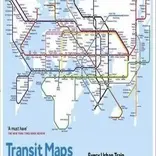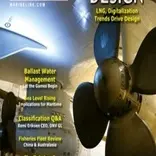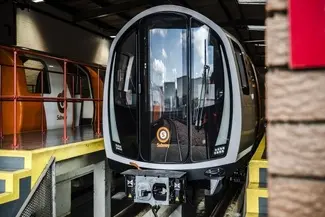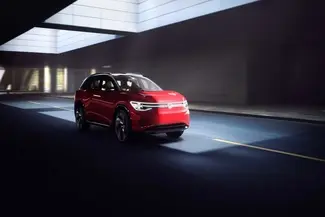Continental and NTT DOCOMO to develop 5G communications technology for connected cars

The automotive technology company Continental has started a joint research and development collaboration to realize 5G vehicle-to-everything (V2X) communications with the Japanese telecommunications company NTT DOCOMO Inc.
The two companies will demonstrate a prototype application of the emerging 5G mobile communications technology at two upcoming Japanese shows. The oncoming high-performance wireless communication technology is currently being specified and is in its early stages, with the partners aiming to enhance connected infotainment functions and build the foundation for cellular-based vehicle-to-everything (C-V2X) wireless communications systems. It is designed to enable a step-change in the speed of wireless data transmission, transmission quality and speed of response (latency time). NTT DOCOMO is among the world-wide leaders in developing and specifying the 5G standard., while Continental takes an active role in defining what is required to use 5G for future automotive use cases and has already started basic research.
5G technology is widely seen as the future solution for widespread vehicle-based communications networks, with the telecommunications industry targeting up to a million connections per square kilometer, allowing for many more devices than current 4G systems. With a targeted 10 gigabits per second (Gbps) for downlink speeds and drastically reduced latency times, which may be as low as 1 millisecond (1msec) in a wireless link, exciting new use cases and services are coming within reach. Among these are high density platooning, HD (high definition) live map updates, and sensor sharing. A key potential of 5G cellular lies in its low latency times. This speed of response can be used for V2X communication, and once latency times are significantly reduced, wireless communication between cars, with the infrastructure and with other road users can improve the data basis for driver assistance and automated driving.
“The latest available data is the fuel of connected vehicles”, said Robert Gee, head of product management, software and connected solutions for Japan at Continental. “As vehicles gain an equal footing in the Internet of Everything, data traffic will expand dramatically. Current cellular standards are not prepared for this. 5G, however, is. The new cellular standard 5G will be able to connect vehicles with other road users and the infrastructure in ways beyond your imagination. To make all this possible we need to look into frequency and data propagation details now. That is why our current roadmap includes research into antenna and questions, such as which frequencies are most suitable for moving vehicles.”















![AIRBUS A380 [MORE THAN 600 PASSENGER’S CAPACITY PLANE]](https://cdn.tinn.ir/thumbnail/4jCp4EQvCU0b/IjHVrSYQrIAqIzXuTzADR7qLYX4idQT4nfq__26E5SCUPLMqfhWkWajvuO9Wfq1ql1TjV4dhkrHliNQU82kMpo2NNftT_NGEwHc9KXtN_rk731bmifa2IQ,,/airbus-a380-structure1.jpg)

Send Comment